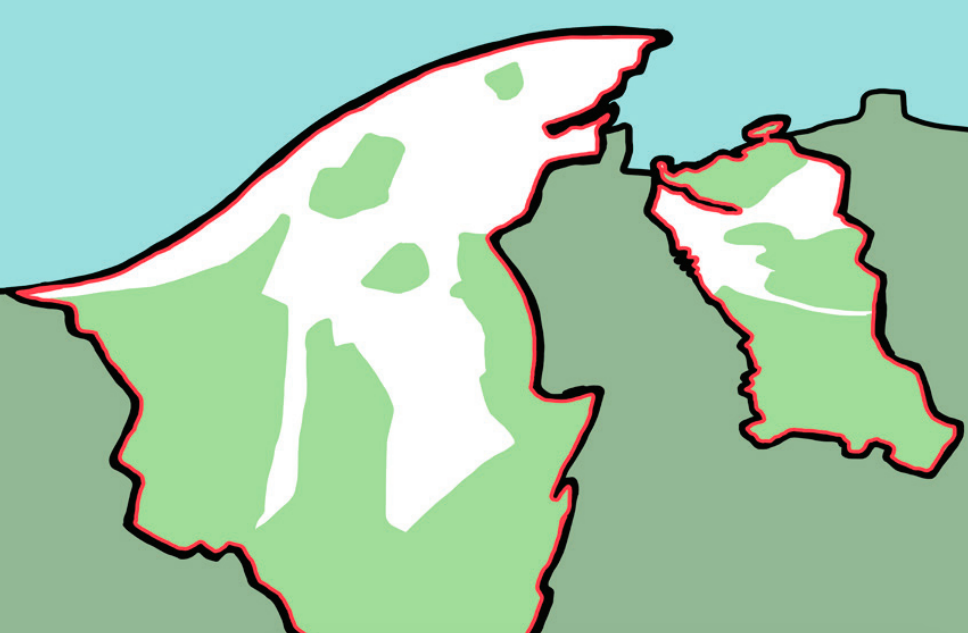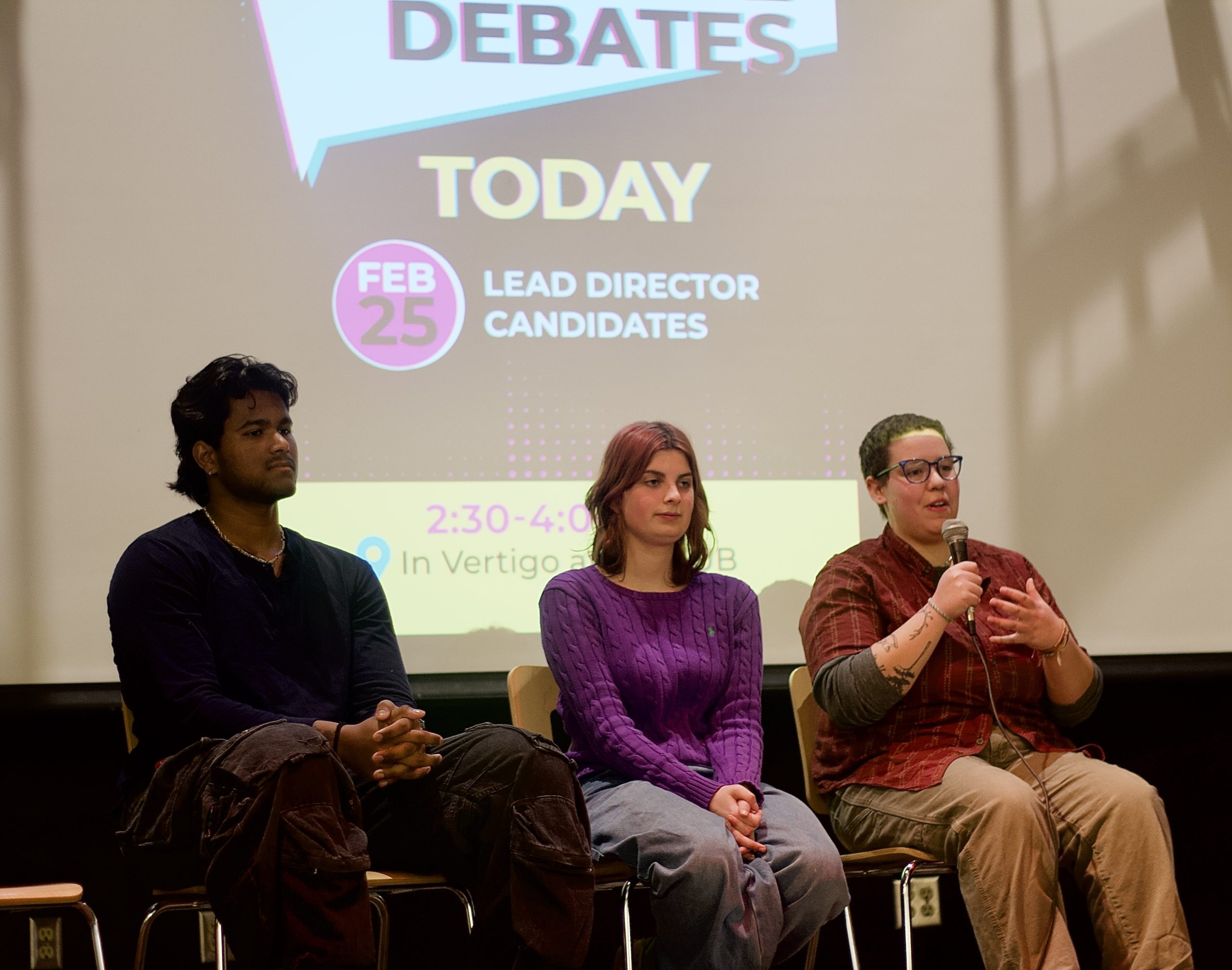The hypocrisy of “international outrage”

Until recently, the Western world saw Brunei as just a tiny country on the island of Borneo.
The nation has some interesting quirks — such as Sultan Hassanal Bolkiah’s collection of 7 000 cars — but has gone largely unnoticed by the the majority of North Americans.
Then, on April 3, the Sultan’s government put into practice the final laws of a sharia, law-based penal code. Sex between men, anal sex, extramarital sex, and abortion now are punishable with death by stoning. Lesbian sex incurs 40 lashes and/or 10 years in prison. Rapists, blasphemers, and heretics can be executed. Thieves can be punished with amputation.
Some of these backward steps into medievalism also apply to foreigners and non-Muslims, and to children who have reached puberty. Children who have not reached puberty can be subjected to whipping.
This has made the Muslim-majority nation the subject of international outrage.
Global Affairs Canada stated that Canada is “appalled” by the severe penalties, which will “affect women and members of the LGBTQ2 community in particular.”
We should all be appalled, but no one should be surprised. Brunei has never been a stronghold of democracy or human rights.
George Clooney called for a boycott of nine hotels owned by the Brunei Investment Agency, which is headed by the Sultan. Ellen DeGeneres, Elton John, and other celebrities have joined in the call.
The UN High Commissioner for Human Rights, deputy Asia director for Human Rights Watch, and a Brunei researcher at Amnesty International have all raised their voices in protest.
We should all be appalled, but no one should be surprised. As an absolute monarchy that began implementing an Islamic penal code in 2014, and has been ruled by decree in a state of emergency since a revolt in 1962, Brunei has never been a stronghold of democracy or human rights.
The outrage is justified, but probably empty.
The same hotel boycott occurred in 2014 when sharia-based fines and prison sentences came into force. Amputations and stoning were supposed to be implemented later that year, but were delayed. The hope, as stated by Bobby Berk of Netflix’s Queer Eye, is that the current boycott will have the same success as the previous one in stopping brutal execution and mutilation.
Except the 2014 boycott did not stop the codification of corporal and capital punishment. Sultan Hassanal’s decision not to fully implement sharia law in 2014 was more due to the American threat to exclude Brunei from the Trans-Pacific Partnership (TPP), rather than the international protests. The U.S. is not a member of the new Comprehensive and Progressive Trans-Pacific Partnership (CPTPP) that replaced the TPP, and without that American leverage the likelihood of the Sultan reversing his new penal code this time is slim to none.
While adultery and homosexuality are protected from the death penalty under international law, over a dozen nations use stoning — technically a form of torture — as a method of execution for these acts. And the rest of the world allows them to do it.
Sultan Hassanal will get away with murder for the same reasons that other countries do.
Money, and our ability to be distracted.
We are so inundated with current events, fake news, and global atrocities, that we have developed an outrage “attention deficit disorder.” New headlines grab us, and governments are free to ignore anything that falls to the bottom of our news feeds — especially if the offending nation is rich.
Brunei is tiny, with a population of approximately 500 000 on 5 765 square kilometres. But it has enormous wealth from its oil and gas industry. 2018 International Monetary Fund data placed Brunei as the sixth richest country in the world according to GDP (PPP) per capita. The Sultan and his family are among the world’s richest royals.
We maintain an arms deal with Saudi Arabia, after all — despite the sole use of sharia law as the Saudi legal code, human rights abuses, gross disregard for women’s rights …
Despite the wealth, there are still a multitude of avenues for sanctioning Brunei for these latest human rights abuses. Besides the CPTPP, Brunei is a member of the Commonwealth, the United Nations, the World Trade Organization, and other multinational organizations.
But will Brunei face consequences? Probably not. Human rights violations tend not to elicit action if business might be affected, or if too much effort is be required.
The Canadian government calls its relationship with Brunei, with whom we trade, “positive and constructive.” Breaking off diplomatic or economic ties is unlikely.
We maintain an arms deal with Saudi Arabia, after all — despite the sole use of sharia law as the Saudi legal code, human rights abuses, gross disregard for women’s rights, mounting evidence that Canadian equipment is being used in the war in Yemen, the abrupt Saudi termination of diplomatic relations over a Tweet, and the murder of journalist Jamal Khashoggi.
Our prime minister is better known for his nice hair than for the strength of his spine. Under Trudeau, Canada takes the moral high ground in Tweets and speeches but displays little integrity in action.
And Canada is not the only country who will fail to put pressure on the Sultanate.
The U.S. and the UK are both top import origin companies for Brunei, but the likelihood of President Trump taking any action on behalf of women and the LGBTQ+ community in a tiny Muslim-majority nation is slim. British Prime Minister Theresa May is embroiled in Brexit, so the legal code of a former British Protectorate might not be first on her list of priorities, either.
Besides, a Gurkha battalion has been maintained in Brunei since the 1962 revolt and Brunei is the location of the British Army’s Jungle Warfare Training School. There are some conflicts of interest.
Western governments won’t initiate action, so we, the public, post angry Tweets and share calls to boycott luxury hotels. Then we move on, and we post about the next thing that annoys or enrages us, while far away, the stones start flying.
The Canadian government should not engage with autocratic regimes as though their behaviour is irrelevant or can be swept under the rug.
We are extremely lucky to have autonomy over our own bodies, the freedom to love whom we choose, and the right to vote. We should be striving to ensure respect for human rights and freedoms in other nations, too.
If a celebrity boycott of nine exclusive hotels is the only action taken against Brunei, then Bruneian women and those identifying as LGBTQ2+ will continue to face abuse, discrimination, and death.
Multinational bodies and trade organizations should not ignore the human rights abuses of their member states. The Canadian government should not engage with autocratic regimes as though their behaviour is irrelevant or can be swept under the rug.
We need to take action against human rights abuses; otherwise, we are bystanders. If we are bystanders, then we are complicit. And if we are complicit, then our short-lived online fury is hypocritical at best.
Anger confined to social media is just raging into a void. “International outrage” does nothing.







